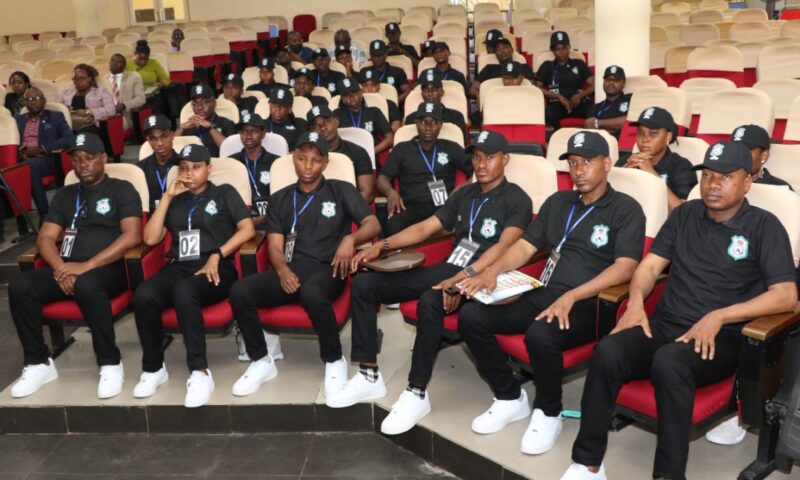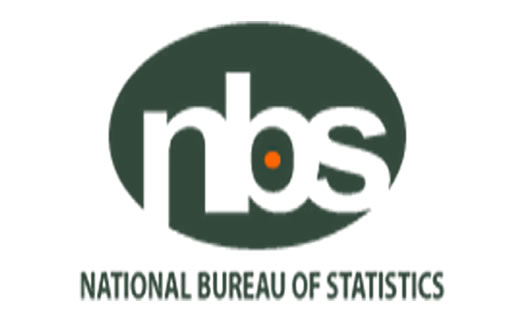NEPZA trains 40 personnel for security of special economic zones
By Favour Nnabugwu
The Nigeria Export Processing Zones Authority (NEPZA) has commenced training for 40 of its personnel to boost security architecture in all special economic zones in the country.
The ongoing exercise, which is being done in collaboration with the Department of State Services (DSS), was inaugurated on Monday in Lagos.
The Managing Director of NEPZA, Prof. Adesoji Adesugba, said that the training was aimed at providing maximum security in the economic zones to attract both foreign and local investors.
According to Adesugba, investors look out for the security of their investments, the destination and the core infrastructure in place.
He said that some security crises had exposed the gaps in Nigeria’s security architecture which pushed them to take every step necessary to ensure security of businesses and other investments in all economic zones in the country.
He added that the Nigerian special economic zones would have a well-designed security apparatus, in line with international best practices in special economic zones globally.
“We had done studies and discovered that there is the need for us to set up a security unit.
“What we have done is to work with what government is already doing by working with the DSS to put things together to train a few of our own staff.
“We want to make sure that we optimise their deliverables by retraining them to fit into the Special Economic Zones Security (SEZSEC),” he said.
Mr Toyin Elegbede, the Executive Secretary, Nigerian Economic Zones Association (NEZA), said that SEZSU would complement what the Nigerian security services were already doing.
Elegbede said that the members of the association, who used to be apprehensive, were now assured that their investments were safer.
“It will boost business activities because the first thing an investor looks for when trying to come into a free zone is security of his or her property and investment,” he said.
A retired Customs Deputy Controller General, Mr Austin Warikoro, said that the training would ensure that SEZSEC was aware of the rules and regulations guiding the customs.
Warikoro, who was one of the facilitators, said that the trainees would be taught the laws and procedures of customs, familiarise them with necessary documents and how the actions of people affect the economy of the country.
Earlier, the Commandant of State Services Academy (SSA), Mr Salami Ajege, urged the participants to take the 30 days’ training seriously so that they would learn the essentials they would need to apply to succeed as security operatives.
Ajege said that some of the essentials include; timeliness, critical thinking, observation and memory training, resourcefulness, dedication to duty, self-confidence, discipline, diligence, multitasking and effective Communications.



